Research
Midbrain organoids as Parkinson’s disease models

Accurate models are needed for studying the human brain and the diseases affecting it. This project aims to create an immunocompetent organoid model of the human midbrain and explore possible downstream applications, such as organoid-on-chip, transplantation and humanized models.
Human microglia in Parkinson’s disease pathology

Molecular hallmarks of Parkinson’s disease include neuroinflammation, aggregation of fibrillar alpha synuclein (aSyn) protein, and death of dopaminergic neurons. Microglia function as sentinels of the central nervous system and take care of clearing and processing this fibrillar waste. This project aims to elucidate the effects of burden of preformed fibrillar aSyn on iPSC-derived human microglia in an inflammatory milieu.
Blood-brain barrier on a chip for disease modelling and drug testing
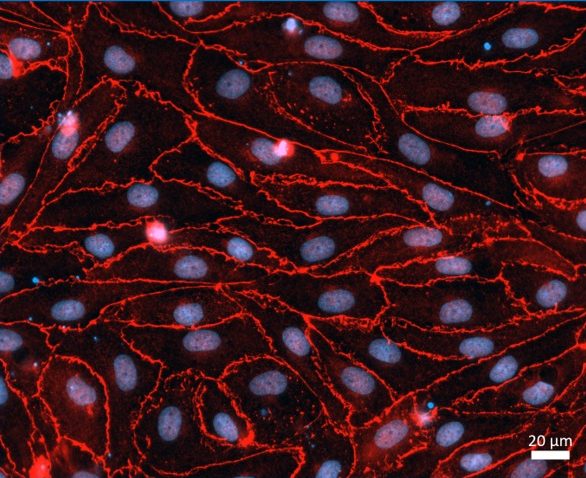
The blood-brain barrier (BBB) is a semipermeable membrane that separates the central nervous system from the bloodstream. The BBB is mainly formed by brain endothelial cells (ECs), pericytes and astrocytes that together with neurons and microglia present a functional unit called the neurovascular unit. Dysfunction of the BBB is recognized in several neurodegenerative diseases including Parkinson´s disease, but the mechanisms behind this are not fully known. Advances in human iPSC and organ-on-chip technology can provide more representative platforms to model and study the BBB function in a more in vivo-like context.
Early Lewy body inclusions and genetic screening
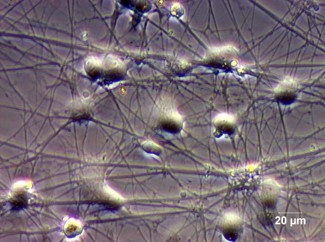
Lewy bodies are present in multiple neurogenerative diseases, such as Parkinson’s disease, Alzheimers disease and Lewy body dementia. α-synuclein is one of the key molecules found inside of Lewy bodies and it is routinely used to model α-synuclein pathology and Lewy body-like inclusions in neurodegenerative disease models. We hope to establish in vitro model with more authentic Lewy bodies using multiple molecule approachment.
Pericytes in Parkinson’s disease
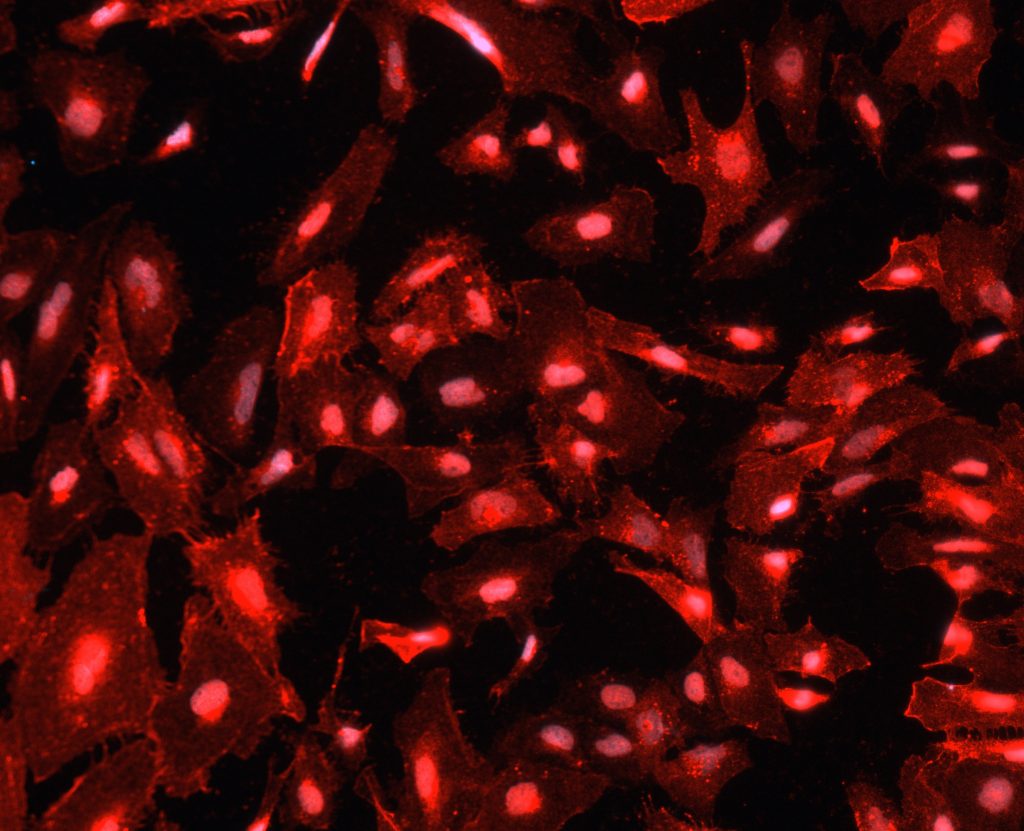
Pericytes are perivascular cells surrounding the vasculature all around the body. In the central nervous system, they maintain the function of blood-brain barrier (BBB), regulate inflammation, and take up and degrade different proteins. This project aims to find out how the LRRK2 mutation alters pericytes function and how these changes relate to BBB disruption and neuroinflammation in PD.
Microglia in α-synucleinopathies
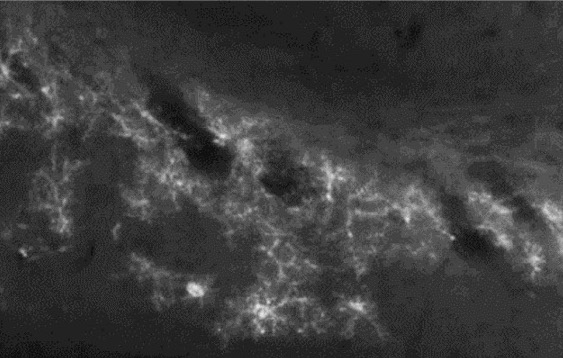
Microglia are responsible for the inflammatory response as well as clearing away accumulated debris in the brain. Recent data has indicated that microglia may contribute to disease by producing an overactive proinflammatory response and having a dysfunction in their ability to phagocytose pathological proteins, including α-synuclein. This project aims to shed light on this process through disease modelling and identify possible therapeutic targets.
Microbiota-gut-brain-axis in Parkinson’s disease
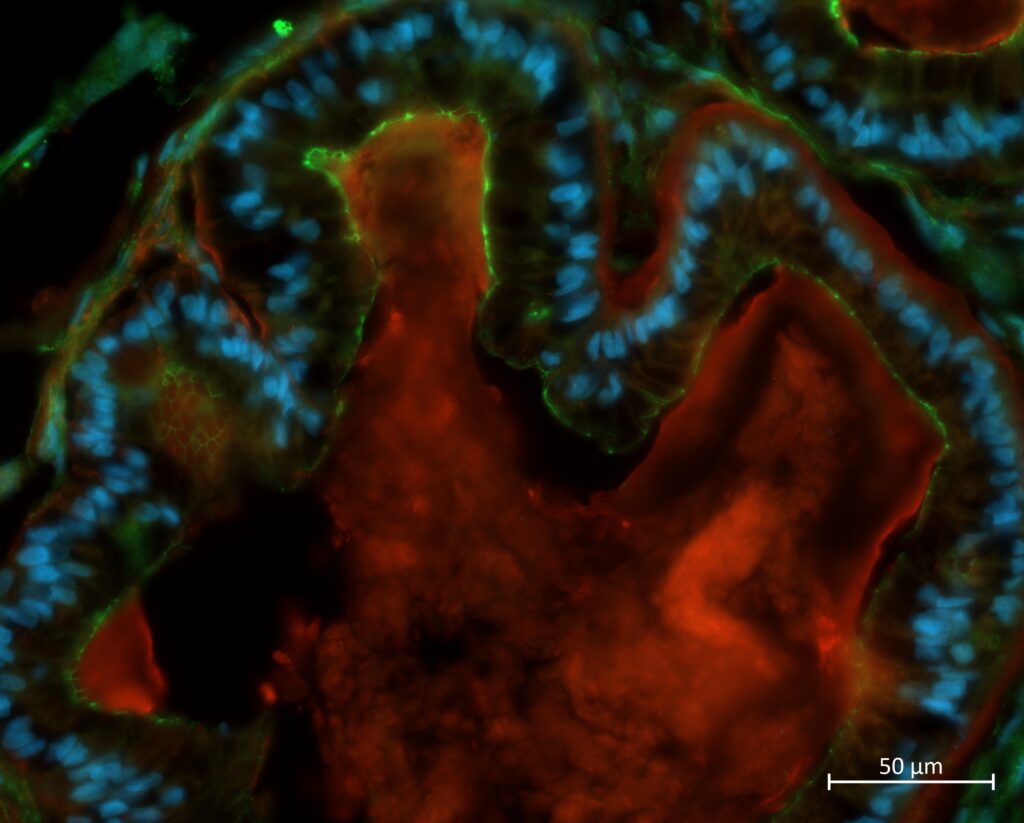
Dysfunction of the enteric nervous system as well as an altered gut microbiome have been suggested to play a crucial role in Parkinson’s disease pathology. This project aims to unveil the role of gut changes in Parkinson’s disease and identify potential therapeutic targets by creating in vitro models of the microbiota-gut-brain-axis. The project will utilize human iPSC-derived enteric and dopaminergic neurons together with intestinal organoids to study the complex interplay between microbiota and the brain
The impact of environment polluting agents in Parkinson’s disease

Most of the patients experience the condition spontaneously, suggesting a significant role of environmental factors in disease progression. This project aims to provide new insights into the complex aetiology of PD by utilizing human dopaminergic neurons and a 3D organoid model. Through validation of our stem cell findings using patient-derived samples, we strive to elucidate the underlying cellular and molecular mechanisms of disease.